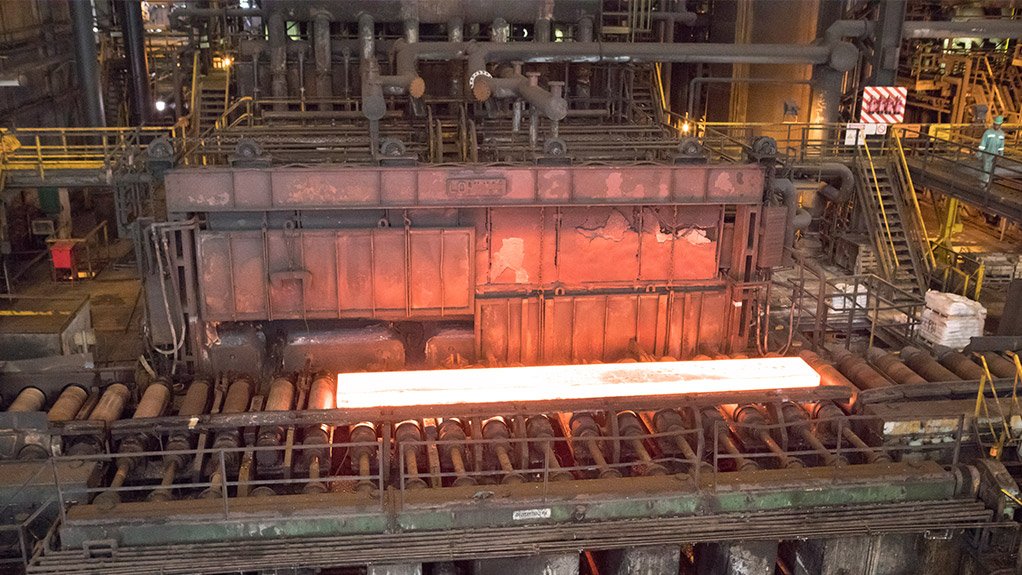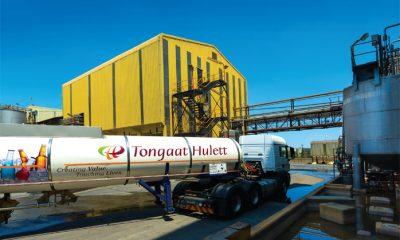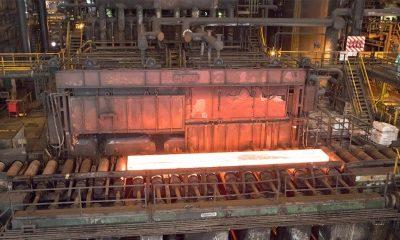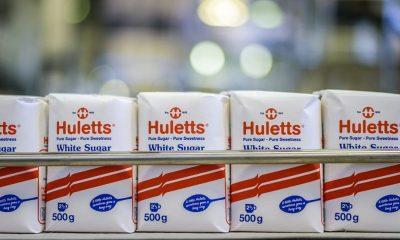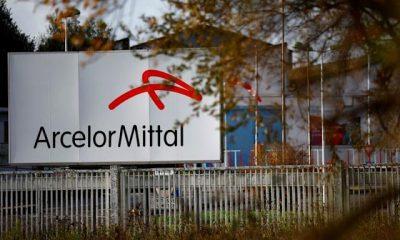South Africa’s steel industry is facing an escalating crisis, fueled by extensive cheap funding from the Industrial Development Corporation (IDC). This state-backed financial support, which primarily benefits South Africa’s mini mills that produce steel from scrap metal, has created severe market distortions and overcapacity—ultimately putting major producers like ArcelorMittal South Africa (Amsa) at a competitive disadvantage.
According to a report from XA Global Trade Advisors (Xagta) published in December 2024, the IDC’s subsidized loans have resulted in a flooded market, with mini mills pushing out larger steel producers like Amsa. This situation has been worsened by the closure of Amsa’s long-steel operations in Newcastle and Vereeniging, which directly and indirectly threatens 3,500 jobs.
How Cheap Funding and Market Distortion are Hurting the Steel Industry
The IDC, a government-owned development bank, provides preferential financing to South Africa’s mini mills, which results in lower prices for scrap metal. This benefits mini mills but harms scrap metal sellers, including state-owned entities (SOEs) like Transnet. The excessive cheap financing creates a market where it’s easier for mini mills to thrive, but it leaves traditional steel producers struggling to stay afloat.
Xagta estimates that R8.5 billion per year is transferred from scrap metal generators to mini mills, causing a significant economic imbalance. These government-subsidized mini mills—although they may produce cheaper steel—fail to cover the full range of products offered by traditional steelmakers like Amsa. This situation forces Amsa to shut down some of its operations, further reducing the availability of steel products and leading to a loss of jobs.
The Double-Edged Sword: Subsidies, Overcapacity, and Job Losses
Xagta notes that the IDC’s R14 billion support to the scrap metal sector is exacerbating overcapacity, which puts the entire steel market at risk. By backing an industry that lacks comparative advantage, the government is not only distorting the market but also placing unnecessary strain on other sectors of the economy. The report also highlights that while these subsidies are supposed to benefit local industries, they are instead contributing to significant job losses and economic inefficiency.
With Amsa forced to compete with imports from China, which are 56% more expensive than the subsidized rebar produced by mini mills, the situation becomes even more dire. The steel giant’s inability to compete with heavily subsidized competitors in the domestic market is leading to plant closures and the loss of thousands of jobs—both directly and indirectly.
The Need for a Policy Review
The current state of South Africa’s steel industry requires an urgent review of government intervention in the sector. The IDC’s massive funding support to mini mills, combined with the Price Preference System (PPS) and export duties, has led to a double burden for scrap metal generators. The unintended consequences of these policies are evident, with Amsa’s closures serving as a stark reminder of the challenges facing the sector.
The Department of Trade, Industry, and Competition (dtic) has expressed concern over Amsa’s closure and has committed to working with the company to find sustainable solutions. However, a broader overhaul of government policies, including IDC’s funding model and the PPS, is needed to ensure the future viability of South Africa’s steel industry.
A Balanced Approach for the Steel Industry
To protect the long-term stability of South Africa’s steel industry and preserve critical jobs, government interventions must be reevaluated. Rather than continuing to provide excessive subsidies to mini mills, a more balanced approach is needed that ensures fair competition and promotes sustainable growth in the sector.
The IDC must reallocate funding to support industries with real comparative advantages and incentivize growth in areas where South Africa can achieve long-term success. Without addressing these issues, the steel industry may continue to face a bleak future, with large-scale job losses and further economic destabilization.
By reassessing these policies and focusing on equitable growth, South Africa can ensure a thriving steel industry that benefits all players and contributes to the broader economy.
